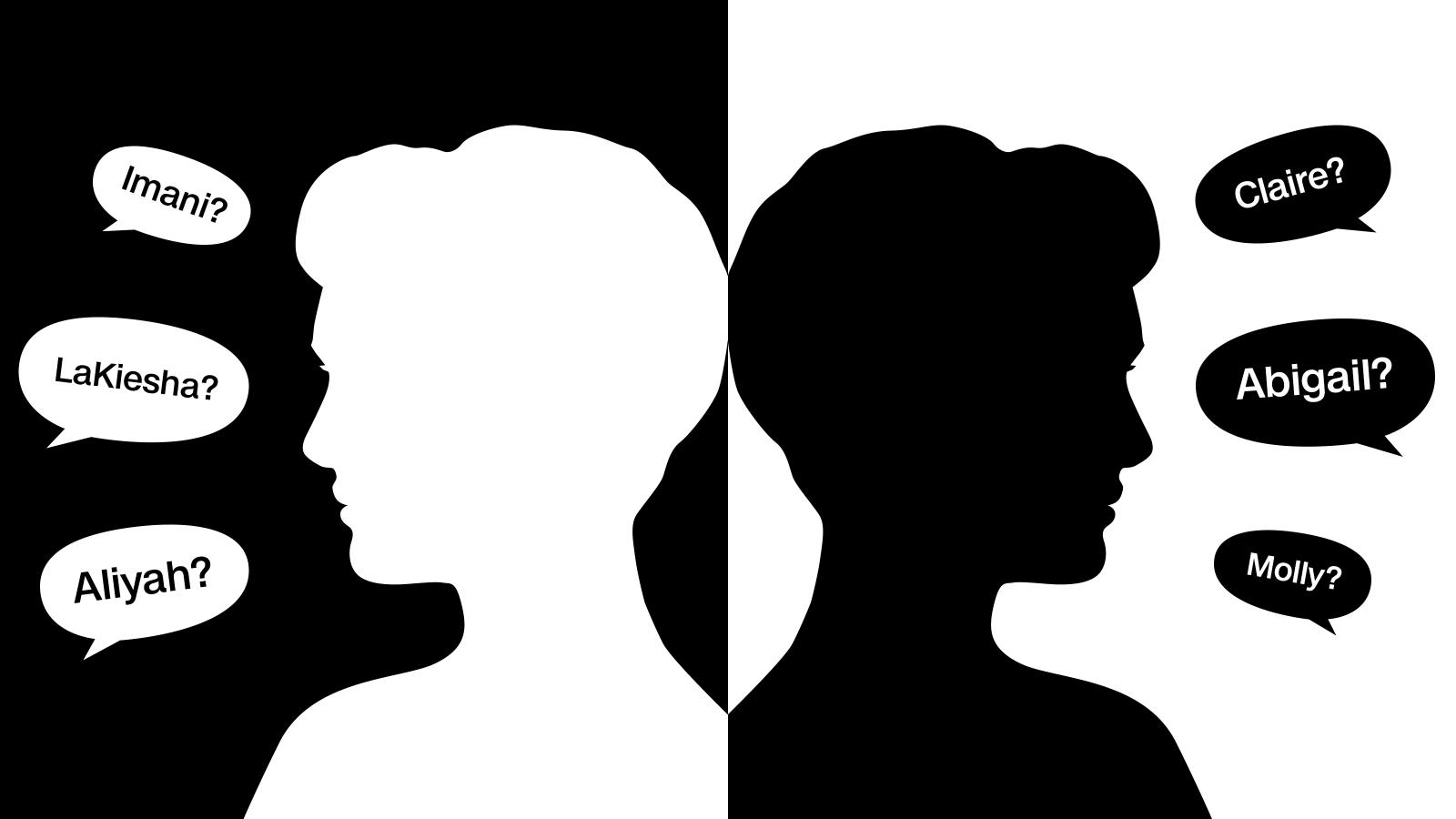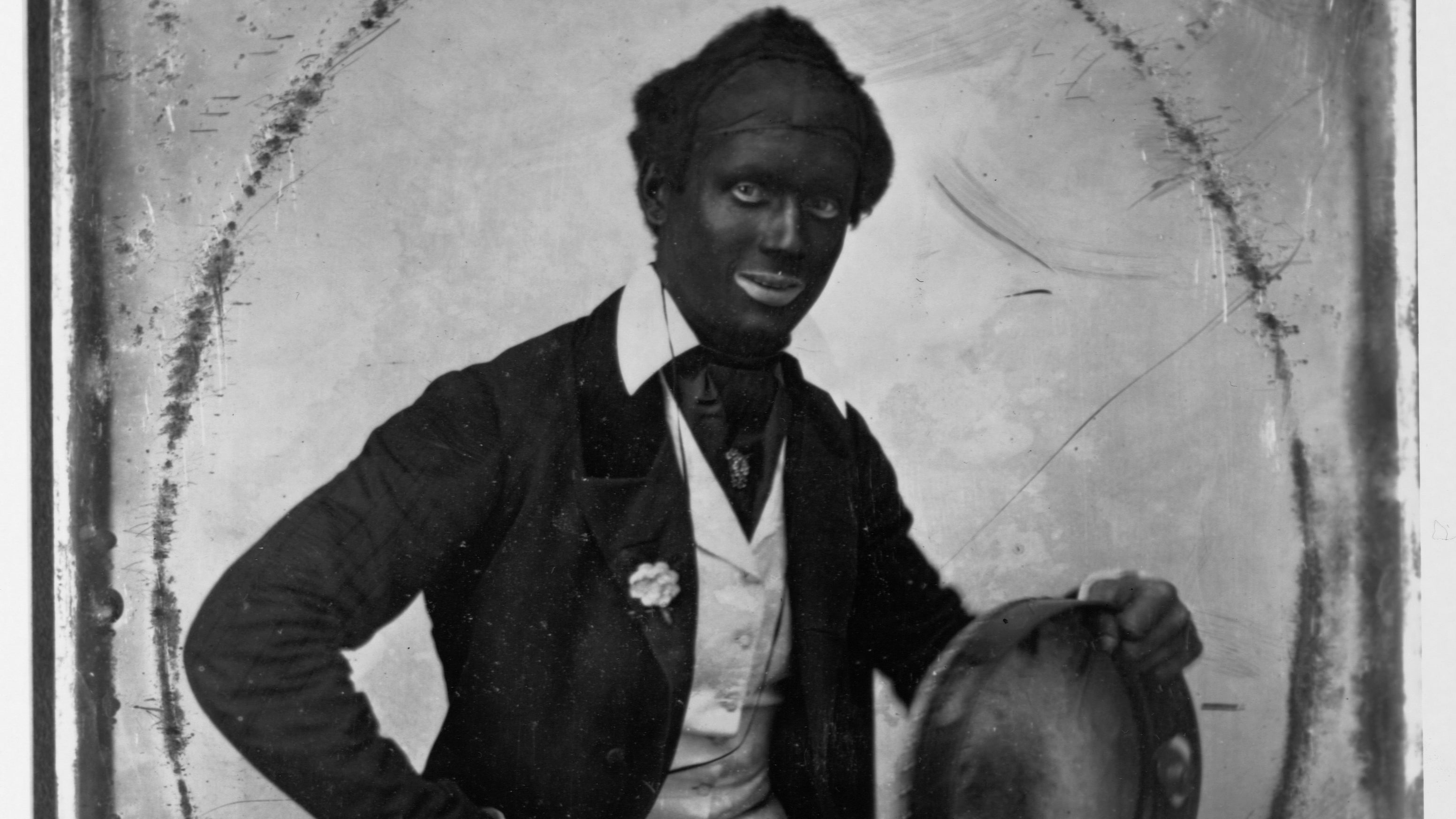In recent years, discussions around race and the use of language have gained significant attention, highlighting the importance of understanding the impact of our words. The topic of racist names to call white people is a sensitive subject that requires careful consideration and awareness. Words can hold power, and when used in derogatory ways, they can perpetuate stereotypes and create divisions among communities. This article aims to explore the implications of using such names, the historical context behind them, and the importance of fostering respectful dialogue.
As we delve into this complex issue, it is crucial to recognize that language evolves, and the meanings attached to words can change over time. While some may argue that certain terms are harmless or used in jest, others may find them deeply offensive. Understanding these nuances is key to promoting empathy and respect in our conversations about race.
Throughout this article, we will not only discuss the various names that have been historically used but also emphasize the significance of choosing language that uplifts rather than degrades. By fostering a culture of understanding and respect, we can work towards a more inclusive society.
Read also:Erik Estrada Net Worth 2024 Uncovering The Wealth Of The Iconic Actor
Table of Contents
- Understanding Racist Terms
- Historical Context of Racist Names
- Specific Names Used
- The Impact of Language on Society
- Promoting Respectful Dialogue
- Ways to Address Racism and Stereotypes
- Educational Resources for Understanding Race
- Conclusion
Understanding Racist Terms
Racist names are often rooted in stereotypes and generalizations about a particular racial or ethnic group. These names can be harmful as they reduce individuals to a single characteristic, ignoring their complexity and humanity. It's essential to understand that racist language can perpetuate negative perceptions and reinforce existing prejudices.
Why Language Matters
The words we choose to use can shape our understanding of each other. Language reflects our values, beliefs, and attitudes toward different groups. When we use derogatory terms, we contribute to a culture of discrimination and intolerance. It's crucial to be mindful of the language we use and its potential impact.
Historical Context of Racist Names
To fully grasp the implications of using racist names, we must consider their historical context. Many terms have been used throughout history to demean and dehumanize individuals based on their race. This section will provide an overview of some of the most common names and their origins.
Evolution of Terms
Over time, the meanings and connotations of words can shift. Some names that were once widely accepted may now be viewed as offensive, while others may have emerged as a form of reclamation by marginalized groups. Understanding these shifts can help foster a more informed dialogue about race.
Specific Names Used
While it is not our intention to promote the use of any racist names, it is essential to acknowledge their existence in discussions about race. Here are a few terms that have been historically used to refer to white individuals in derogatory ways:
- Cracker
- Whitey
- Honky
- Peckerwood
These terms often stem from historical grievances and social tensions. However, it is vital to recognize that using such language only perpetuates further division and hostility.
Read also:Exploring The Fascinating World Of Url Smack Net Worth
The Impact of Language on Society
Language has the power to influence our perceptions and behaviors. When derogatory terms are used, they can reinforce negative stereotypes and contribute to a culture of racism. This section explores the broader impacts of using racist names on society.
Psychological Effects
Using racist language can have detrimental psychological effects on both the individuals targeted and society as a whole. It can lead to feelings of alienation, anger, and resentment, ultimately perpetuating a cycle of hate and misunderstanding.
Promoting Respectful Dialogue
In light of the harmful effects of racist language, it is crucial to promote respectful dialogue and understanding. Here are some strategies for fostering a culture of respect:
- Encourage open conversations about race.
- Educate yourself and others about the impact of language.
- Challenge derogatory language when you hear it.
- Listen to the experiences of others and validate their feelings.
Ways to Address Racism and Stereotypes
Addressing racism requires collective action and a commitment to change. Here are some ways individuals can contribute to this effort:
- Support organizations that promote racial equality.
- Participate in community events focused on diversity and inclusion.
- Engage in self-reflection to understand your biases.
- Advocate for policy changes that address systemic racism.
Educational Resources for Understanding Race
To further educate oneself about race and the implications of language, consider exploring the following resources:
- Books on racial history and social justice.
- Documentaries and films that explore race relations.
- Online courses and workshops on diversity and inclusion.
- Community discussions and forums focused on race.
Conclusion
In conclusion, understanding the impact of racist names and language is essential for fostering respectful dialogue and promoting inclusivity. While it is crucial to acknowledge the existence of derogatory terms, it is equally important to challenge their use and work towards a society where all individuals are treated with dignity and respect. Let us commit ourselves to engaging in conversations that uplift rather than demean, and strive for a future free from the shackles of racism.
We encourage you to share your thoughts in the comments below, engage with this topic further, and explore additional articles on our site to continue your journey toward understanding and respect.
Thank you for taking the time to read this article. We hope to see you back here soon for more insightful discussions and resources.


